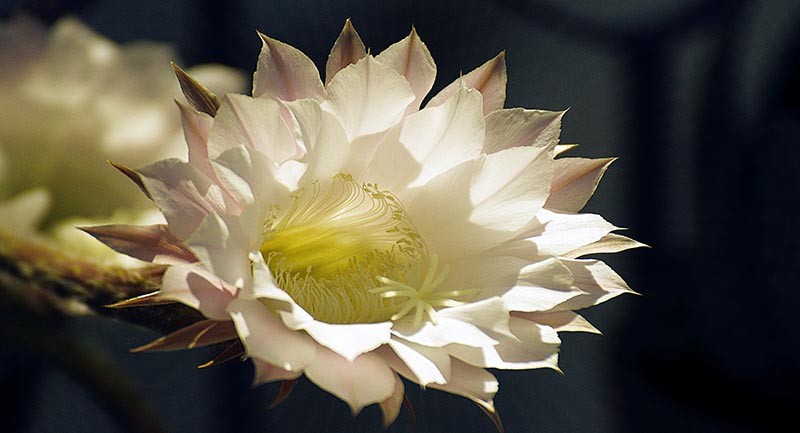There is a remarkable passage in Tim O’Brien’s book,“The things They Carried”. It is worth quoting at length.
“I feel guilty sometimes. Forty-three years old and I’m still writing war stories. My daughter Kathleen tells me it’s an obsession, that I should write about a little girl who finds a million dollars and spends it all on a Shetland pony. In a way, I guess, she’s right: I should forget it. But the thing about remembering is that you do not forget. You take your material where you find it, which is in your life, at the intersection of past and present. The memory-traffic feeds into a rotary up on your head, where it goes in circles for a while, then pretty soon imagination flows in and the traffic merges and shoots off down a thousand different streets. As a writer, all you can do is pick a street and go for a ride, putting things down as they come to you. That’s the real obsession. All these stories.”
As an artist, you can only follow the path. It is a strange process, as it invites the simultaneity of passivity (letting memory construct those myriad streets), and action (for you must take up the pen and write those streets down from your imagination onto the paper).
I have a tendency to write about war too, but from a different angle, that of the refugee, who flees war and undertakes a journey to find a new home for themselves. These stories have come to me, true tales of harrowing travels into the unknown. It is a bit of my own obsession, for the stories have come unbidden – I have not searched them out – they have just come to me naturally from friends and acquaintances, those who have undertaken the journey themselves, and the stories have lodged themselves in my memory. Over time, they have propagated on the brain, like so sturdy cactus blooms. I find myself sifting through them and wondering about their relevance to my life. How have they touched and affected me, living far removed from a battlefield. Imagination is somehow stirred, and a story takes shape. This must be, as O’Brien so artfully put it, when memory meets the present moment.
My guess is that even if O’Brien wrote about the girl and her Shetland pony, the story would still wind its way back to war, to some sort of wrenched rift in the psyche that remains open and unhealed. The classics all seem to use war as the backdrop. And where would we be without them, as cultural references points that impact our artistic endeavor on some deep level?
But we desperately need new models, new and esteemed texts need to be uncovered that take us away from the terrain of war. There should be texts that speak to our moment – where our delicate equilibrium of climate is being upended daily. In the absence of new texts surfacing, how do we adapt war stories to this new reality, where we, as a species, are both the villains and the potential heroes of the tale? Maybe it is hard to see ourselves with such complexity. We hanker for clarity, and war sometimes provides that security, where heroes and villains are more clearly set apart from one another.
But as O’Brien says, “You take material where you can find it.” We must start searching out new terrain and training our minds to store up this material for our creative endeavors. I once went beachcombing with two archeologists. It was a disheartening experience for me. You have to train the mind to collect such material, to find fascination everywhere you look. These archeologists had trained their senses to spot the unusual buried in the sand – they found shards of whalebone and ancient sharpened flint where I could honestly only really see a bunch of sand. Were they just lucky? No, their senses had been honed by years of practice in the field. We, as artists, must do the same thing – latch onto that material wherever it appears. Some days it might just feel like you are looking down at a bunch of sand, but every once in a while, something beautiful and delicate will emerge – something you can marvel at. Maybe even the beginning of a new obsession.




